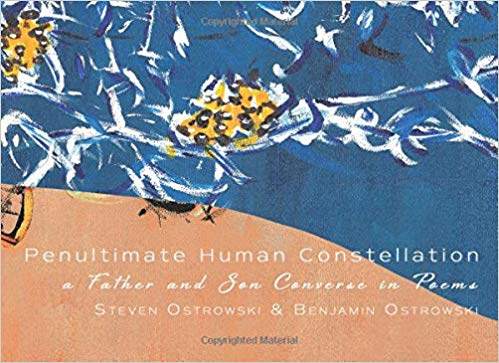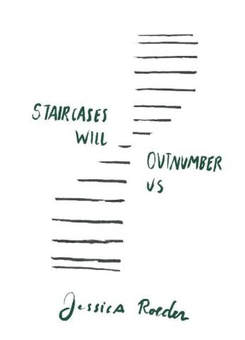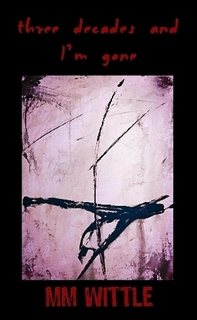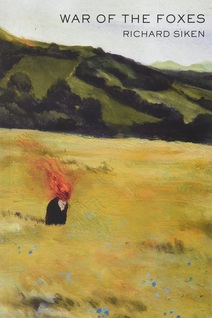Humanity has long searched for meaning and truth by looking toward the stars. Poets Steven and Benjamin Ostrowski believe we only need to look within ourselves. This father and son team present what they’ve learned and what they seek to know in their new book Penultimate Human Constellation: A Father and Son Converse in Poems (2018, Tolsun Books). Less an epistolary narrative and more like a private conversation over a long sleepless night, the Ostrowskis embark on their unique quest. We become privy to their efforts.
0 Comments
Jessica Roeder’s chapbook, Staircases Will Outnumber Us, requires much more from the reader than simply enjoying a beautifully written narrative. Throughout her compilation of twenty-one pieces of flash fiction, Roeder creates a world in which we find a blend of fairy tale and cult-like activity. We watch our narrator live among her nameless “sisters” in a treeless forest, where they bear children and build staircases made from stumps, always awaiting the daily return of their “father.” The reader is forced to discover what the treeless forest represents, and thus, the meaning of everything that follows.
The woman running for her life from a man in a park. The girl who passes out at a party after a tainted drink. These are familiar stories we’ve been exposed to time and time again in the media. In fact, they’re so common they border on cliché. We’re under the impression there is nothing left to say, but there’s still, for a lack of words, fresh blood in these stories.
Jacqueline Doyle’s debut chapbook The Missing Girl features a collection of stories about the threats women face. From rape to questionable encounters, Doyle’s genius is that through her flash fiction pieces, she relies on our societal knowledge to fill in the blanks of her finely drawn bits of terror; and through them reminds us that for women nothing and nowhere is safe.
M.M. Wittle's creative non-fiction chapbook Three Decades and I'm Gone is her personal story of the author losing her father in her first decade of life, her mother in her second decade, and nearly losing herself to her grief in her third decade. The story is mostly written in a linear sequence of vignettes of prose poetry with some traditional stanza poetry. This treatment of memoir in a chapbook/poetry form gives the popular genre a compact, accessible feel. One can take the tragedy of each decade piece by piece and still experience the fullness of the story because each bit is an independent thought or feeling that supports the story as a whole.
War of the Foxes (2015) is the long awaited follow-up to Richard Siken’s Crush (2005), published ten years ago, which won the Yale Younger Poet’s prize. It is a brilliant work full of questions and unearthing, looking both inward and around, projecting his battles through art, poetry, and the characters within them.
Most of Siken’s poems seem to be self-reflecting, riddled with abstractions and rhetorical questions. He yearns to untie “the knot of the self,” as quoted from his poem, “Glue,” looking at his own writing, his own art, his own life and mentality. It is soul searching in its finest display of craft. Profound attempts to answer profound questions. Siken could be questioning his own existence and his own method of life. “Why live a life? Well, why are you asking?” The very process of writing seems to be the answer to his questions. |
Archives
April 2024
Categories
All
|
|
Glassworks is a publication of Rowan University's Master of Arts in Writing 260 Victoria Street • Glassboro, New Jersey 08028 glassworksmagazine@rowan.edu |
All Content on this Site (c) 2024 Glassworks
|






 RSS Feed
RSS Feed
